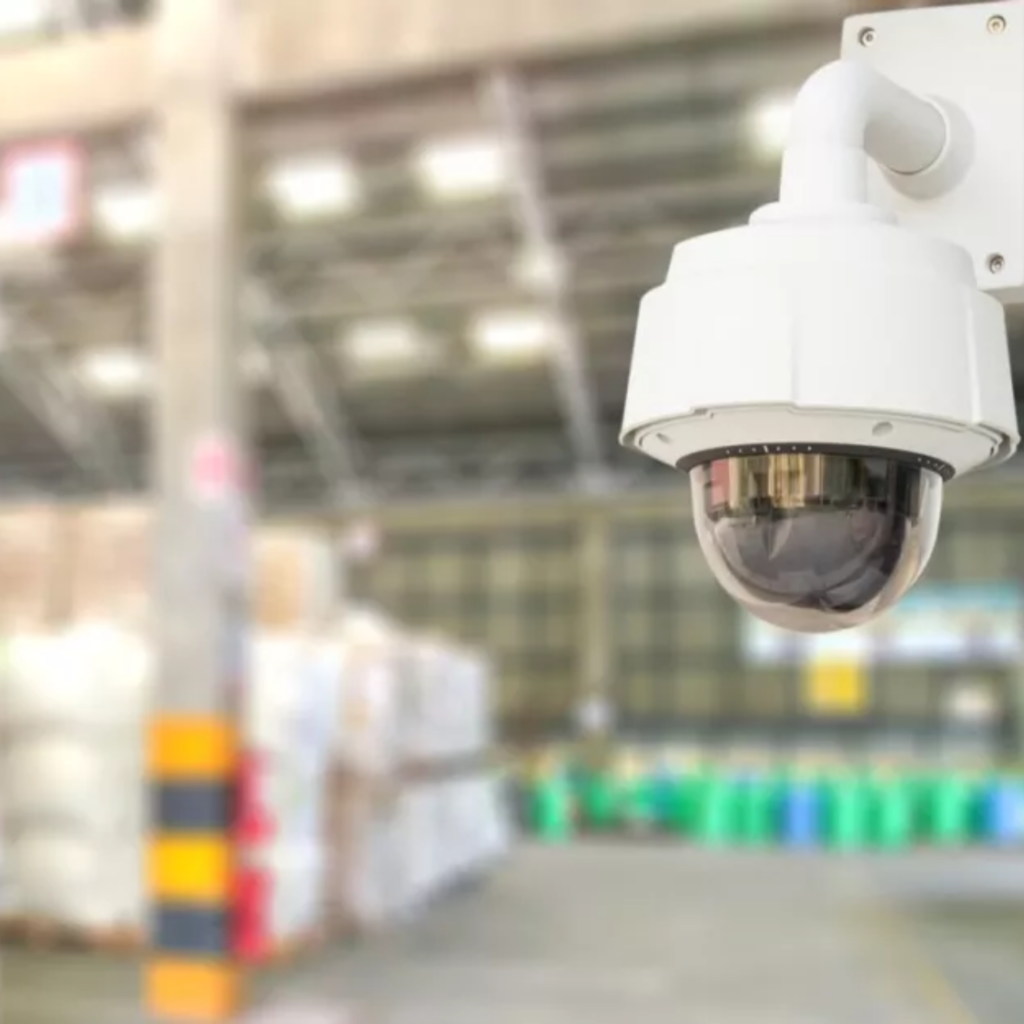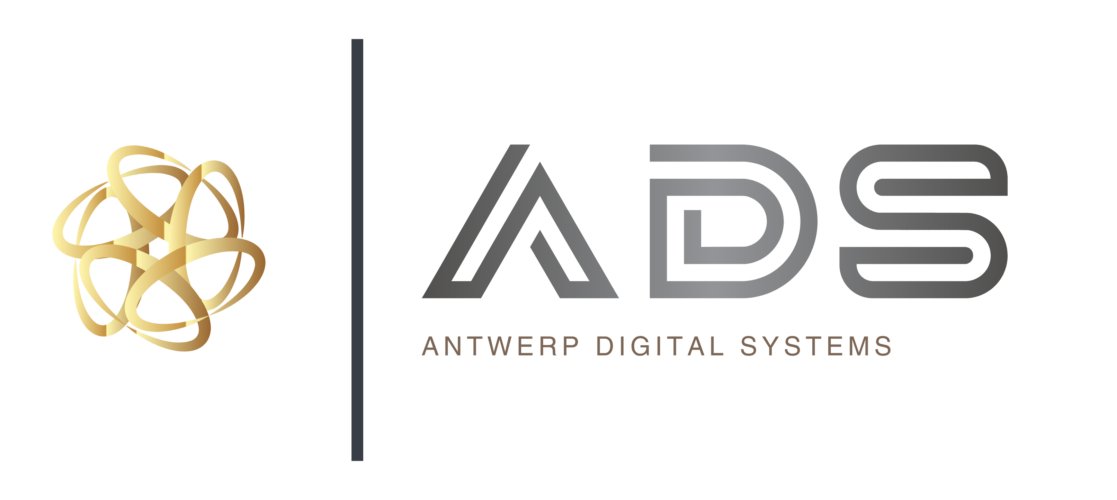Maximizing Security and Efficiency with Factory CCTV Systems
Factories and industrial facilities are often bustling environments filled with workers, heavy machinery, and valuable inventory. Maintaining security and operational efficiency in such large, complex spaces is a challenge that many businesses face. The solution to these challenges lies in installing robust Factory CCTV Systems. These systems not only enhance security but also improve safety, operational oversight, and compliance with industry regulations. This article will explore the importance of factory CCTV systems, the various types of cameras available, the key features to look for, and how these systems can improve factory operations.
Why Factory CCTV Systems Are Essential
Factories, especially large-scale manufacturing and industrial facilities, are prime targets for theft, vandalism, and other security threats. In addition, the sheer size and complexity of these environments make it difficult to maintain a clear oversight of daily operations. Factory CCTV systems play a vital role in overcoming these challenges by offering several key benefits:
Crime Prevention and Deterrence
One of the primary functions of CCTV systems is to deter criminal activity. The presence of visible security cameras throughout the factory discourages potential intruders and criminals from attempting to break into the facility. Whether it’s external threats like break-ins or internal issues such as employee theft, cameras provide a layer of protection that can prevent security breaches.
Monitoring Production and Operations
Aside from security, factory CCTV systems offer a way to monitor production lines and employee workflows. Managers can keep an eye on operational processes in real-time, ensuring that production is running smoothly and that no bottlenecks or inefficiencies are hampering output. This level of oversight helps optimize production and improve overall efficiency.
Employee Safety and Accident Prevention
Factories are inherently hazardous environments with heavy machinery, large equipment, and fast-moving operations. Surveillance systems help monitor work areas to ensure that safety protocols are followed, and they can detect potential hazards before accidents occur. If an accident does happen, video footage provides invaluable insight into what went wrong, allowing for adjustments to be made to prevent future incidents.
Inventory Management and Protection
Many factories deal with large quantities of raw materials, products, and machinery, which are susceptible to theft, misplacement, or damage. CCTV systems can be placed in storage areas, loading docks, and production lines to monitor the movement of goods and prevent inventory loss. In case of a discrepancy, video footage can help track down missing items and resolve disputes.
Compliance with Regulations
Many industries require businesses to comply with specific regulations regarding workplace safety, environmental standards, and security protocols. CCTV footage serves as a record of compliance with these regulations, making it easier to pass audits and avoid fines. In industries like food production, for instance, cameras can monitor hygiene practices, ensuring compliance with health and safety regulations.
Types of Factory CCTV Systems
There are various types of CCTV systems available, each with unique features suited to different security needs. Choosing the right system depends on the specific layout and requirements of your factory. Here are the most common types of CCTV systems used in factory settings:
Analog CCTV Systems
Analog systems are the traditional choice for surveillance, using coaxial cables to transmit video signals to a digital video recorder (DVR). While analog systems are generally more affordable, they tend to have lower video quality compared to more modern systems. However, they are still reliable for basic security monitoring in smaller factories or warehouses.
IP (Internet Protocol) Cameras
IP cameras transmit digital video over the internet, offering high-definition (HD) and even ultra-high-definition (UHD) video quality. These cameras are ideal for large factories that require remote access to live footage and higher-quality images. IP systems also come with advanced features like motion detection, facial recognition, and the ability to integrate with other security systems such as access control or alarms.
Wireless CCTV Systems
Wireless cameras provide flexibility in installation since they don’t require extensive cabling. This makes them particularly useful in factories with complex layouts or where running cables would be impractical. Wireless systems can transmit footage to cloud-based storage or a local server, enabling remote access via smartphones or computers.
PTZ (Pan-Tilt-Zoom) Cameras
PTZ cameras offer wide coverage by allowing operators to pan, tilt, and zoom in on specific areas. These cameras are perfect for monitoring large, open spaces in a factory, such as production floors, loading docks, and storage areas. PTZ cameras can also be programmed to follow movement, ensuring that key areas are always covered.
Thermal Imaging Cameras
Thermal cameras are designed to detect heat signatures, making them highly effective in low-light or no-light conditions. They are particularly useful in industries dealing with hazardous materials or in environments where visibility is compromised. Thermal cameras can detect abnormal heat patterns that could indicate potential fires or overheating machinery, helping to prevent catastrophic accidents.
Key Features to Look for in Factory CCTV Systems
When selecting a CCTV system for a factory, several key features can enhance the effectiveness of the system:
High-Definition Video Quality
Factories are often large spaces where capturing detailed footage is crucial for identifying individuals or tracking inventory. High-definition (HD) or ultra-high-definition (UHD) cameras provide clearer images, making it easier to detect security breaches or operational issues.
Night Vision and Low-Light Performance
Many factories operate around the clock, making surveillance during nighttime hours critical. Cameras equipped with infrared (IR) night vision can capture clear footage even in low-light or no-light conditions, ensuring that your facility is monitored 24/7.
Wide-Angle and Zoom Capabilities
Since factories often involve large open spaces, cameras with wide-angle lenses are essential for covering more ground. Zoom capabilities are equally important, allowing operators to focus on specific areas or objects when necessary. This is particularly useful for monitoring sensitive areas such as storage rooms or high-value equipment.
Motion Detection and Smart Alerts
Motion detection sensors trigger alerts when unusual movement is detected in specific areas. This feature can help reduce the need to review hours of footage and enable quick responses to security breaches. Smart alerts can be sent directly to security personnel or factory managers, allowing them to act immediately.
Remote Access and Monitoring
With remote access, factory managers or security teams can view live footage or review recorded video from any location via smartphones, tablets, or computers. This is especially useful for large-scale factories or multi-site operations, where centralized monitoring is required.
Durability and Weather Resistance
In factory environments where cameras may be exposed to harsh conditions such as dust, extreme temperatures, or moisture, it’s essential to choose cameras designed for industrial use. Weatherproof and dustproof cameras ensure that surveillance equipment continues to function reliably even in challenging conditions.
How CCTV Systems Improve Factory Efficiency
In addition to enhancing security, factory CCTV systems offer several operational benefits that can improve efficiency and productivity:
Optimizing Workflow
CCTV cameras allow managers to monitor production lines and identify inefficiencies in real-time. By reviewing footage, they can spot bottlenecks, downtime, or issues that are slowing down the production process. This information can be used to make adjustments, streamline workflows, and improve overall output.
Monitoring Equipment and Machinery
In a factory setting, ensuring that machinery is functioning properly is critical to avoiding costly downtime. CCTV cameras can be placed near equipment to monitor for signs of malfunction or wear and tear. Early detection of issues through video surveillance allows maintenance teams to address problems before they escalate, reducing the risk of breakdowns and production halts.
Enhancing Quality Control
Quality control is a vital aspect of manufacturing. CCTV systems can help track the production process and ensure that products are being made to specification. By reviewing footage, managers can identify errors in the production line and make adjustments to prevent defects. This leads to higher-quality products and fewer recalls or rework.
Employee Performance Monitoring
CCTV footage provides insights into employee performance, helping managers assess whether workers are following established procedures and safety protocols. It can also be used to identify high-performing employees and areas where additional training may be needed.
Legal and Compliance Considerations
Before installing factory CCTV systems, it’s essential to understand the legal and compliance aspects of video surveillance. Different countries have regulations governing the use of CCTV cameras, particularly concerning employee privacy. Ensure that your CCTV system complies with local laws by clearly notifying employees and visitors that they are being recorded. Cameras should be placed in public or work-related areas rather than private spaces, such as restrooms or break rooms. Additionally, recorded footage must be stored securely, and access should be limited to authorized personnel to protect against unauthorized use or data breaches.
Have a project in mind?
Do not hesitate to say
Why Choose Us
Choosing our company for your IP CCTV installation ensures you receive top-notch service and cutting-edge technology. Our commitment to excellence and customer satisfaction sets us apart in the industry.

Expertise and Experience
Our team comprises seasoned professionals with extensive experience in IP CCTV installations. We stay abreast of the latest industry trends and technologies to provide the best solutions for our clients.
Customized Solutions
We understand that each client has unique security needs. Our tailored solutions ensure that your IP CCTV system is perfectly aligned with your specific requirements and budget.
Reliable Support
We pride ourselves on providing exceptional customer support. From initial consultation to ongoing maintenance, we are dedicated to ensuring your complete satisfaction.
Conclusion
Factory CCTV systems are an invaluable tool for enhancing security, improving operational efficiency, and ensuring compliance with safety regulations. By choosing the right system tailored to the unique needs of your factory, you can safeguard your assets, monitor workflows, and prevent potential hazards. Whether you opt for traditional analog cameras or advanced IP systems, investing in a robust CCTV solution is an investment in the long-term safety and productivity of your business.

